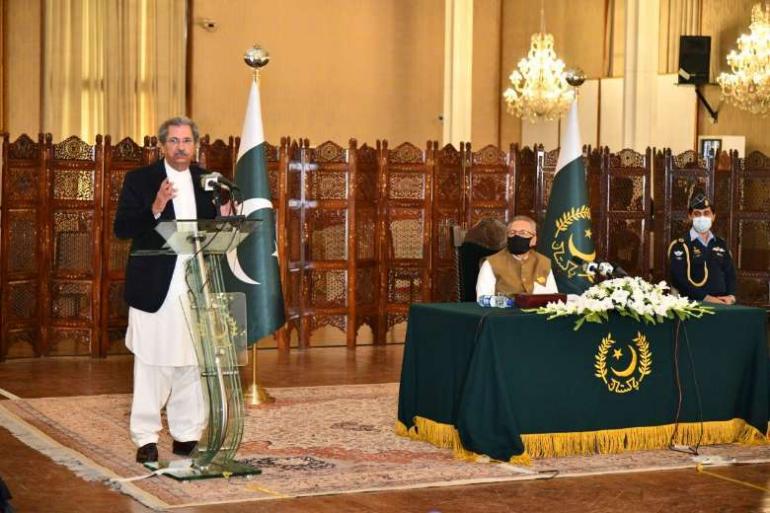Pakistan urged to hold transparent education consultation

A group of minority rights organizations, academics and educational institutions have delivered a letter to Pakistan’s Education Ministry seeking transparent, inclusive and historically informed consultation about the country’s new education policy.
The letter, addressed to Federal Education Minister Shafqat Mahmood on Jan. 18, was written by the Working Group for Inclusive Education and endorsed by representatives of Idara-e-Taleem-o-Aagahi, the Centre for Social Justice, Pakistan Minorities Teachers' Association, Lahore Diocesan Board of Education, Church of Pakistan, The Salvation Army Pakistan and St. Patrick’s College, Karachi.
"We urge the ministry to make the consultation process transparent, inclusive and historically informed, which will generate public trust and promote welfare of the beneficiaries of the policy. The absence of these values in the policy making leads to negative perceptions about the motives of the government, alienation among the stakeholders and, eventually, difficulties in the implementation of the policy,” the group said.
The group proposed that a section of the ministry’s website should be devoted to the policy-making process.
The public will be able to find all the feedback received through the consultation, with the names of the respondents/institutions; the draft of the policy together with the ministry’s responses to the public feedback, and an explanation of what was incorporated and what was not, the letter said.
The policy should be published first in a draft version, inviting further feedback, before a final version is published, it said.
“Education is a public concern and, therefore, democratic principles require that the consultative process should be carried out in a manner that encourages feedback from a wide range of people. Given the context of Pakistan, the current approach of requesting feedback through an English-language notice and an email address is not likely to be very inclusive,” it said.
The group further proposed that “the consultation should be carried out in Urdu, in addition to English; Given the wide penetration of social media, consultation should also be carried out through a Facebook page and a WhatsApp number. The latter will allow people to record and send their messages orally; Inclusivity can also be increased by designing a focused questionnaire on key aspects of the policy through which feedback can be solicited.”
The group called for a review of past educational policies, analysing what worked and what did not. It also requested the ministry to extend the duration of the process.
“The timespan of three months to formulate a policy is unreasonable. Policy making takes much longer and requires analysis, evidence and consultation, all of which take time. Fast-tracking leads to the exclusion of many voices and overlooking of complex issues,” the group said. - UCA News
Radio Veritas Asia (RVA), a media platform of the Catholic Church, aims to share Christ. RVA started in 1969 as a continental Catholic radio station to serve Asian countries in their respective local language, thus earning the tag “the Voice of Asian Christianity.” Responding to the emerging context, RVA embraced media platforms to connect with the global Asian audience via its 21 language websites and various social media platforms.













